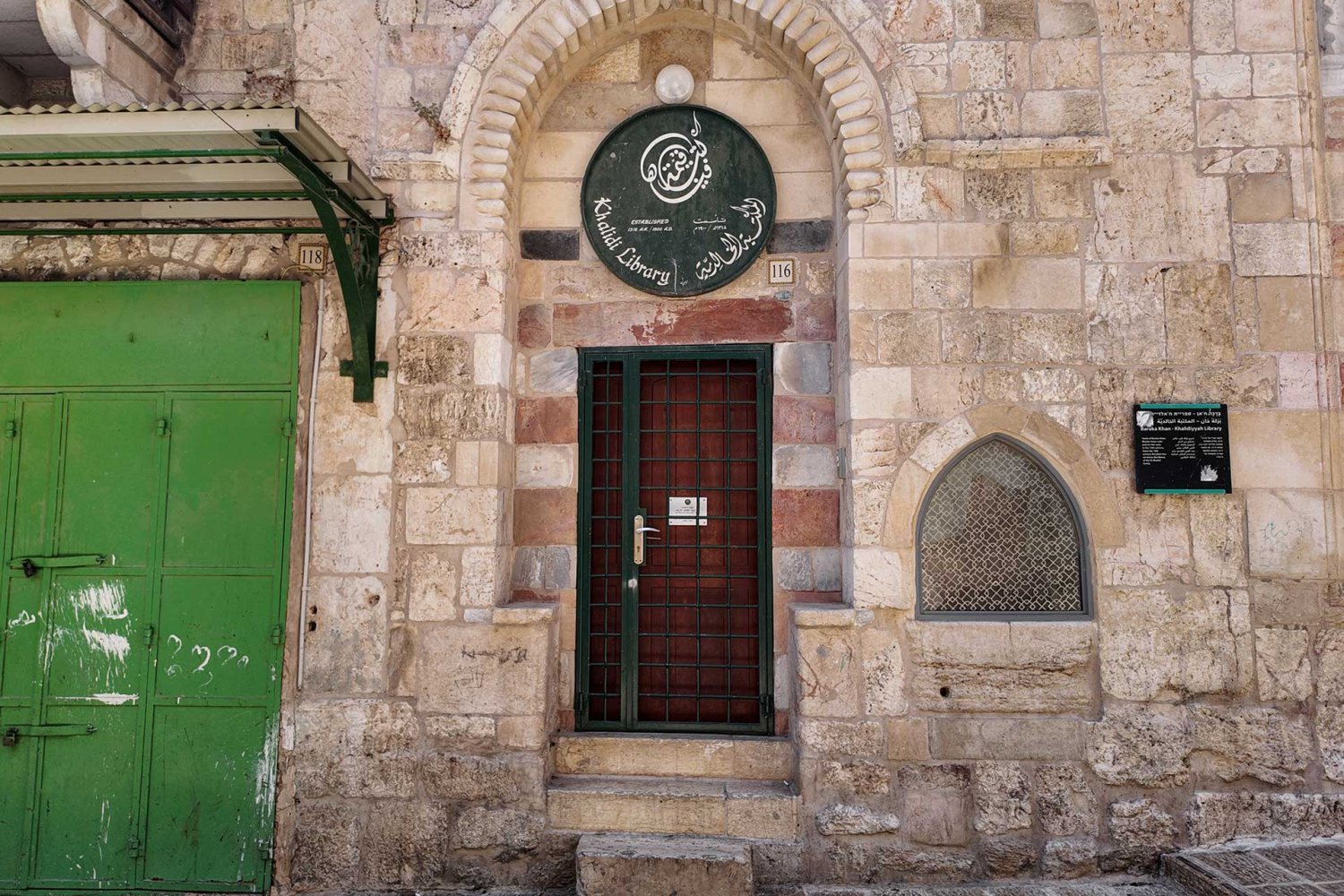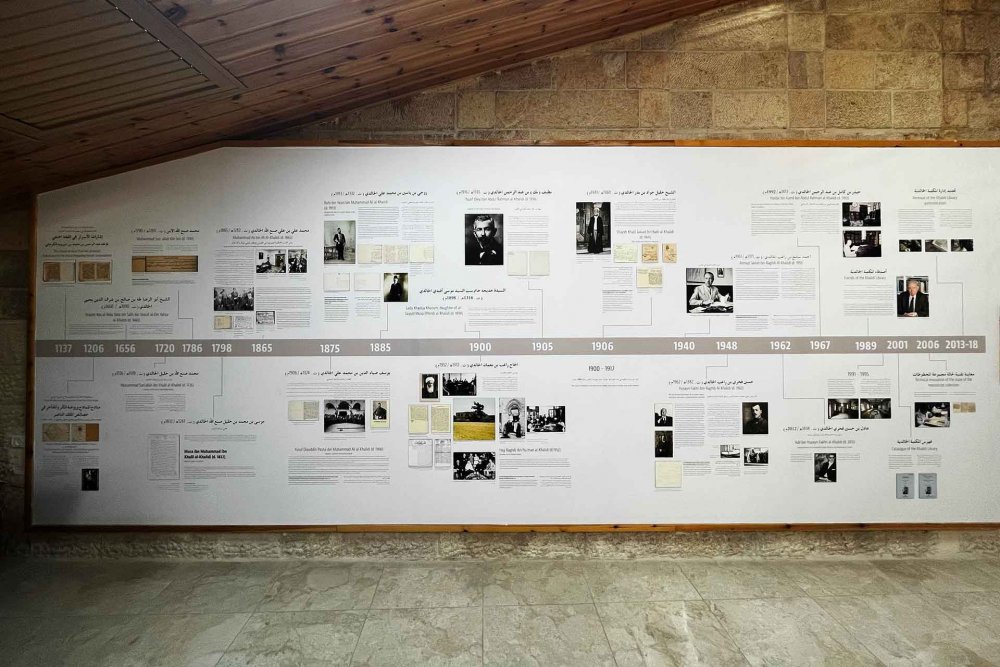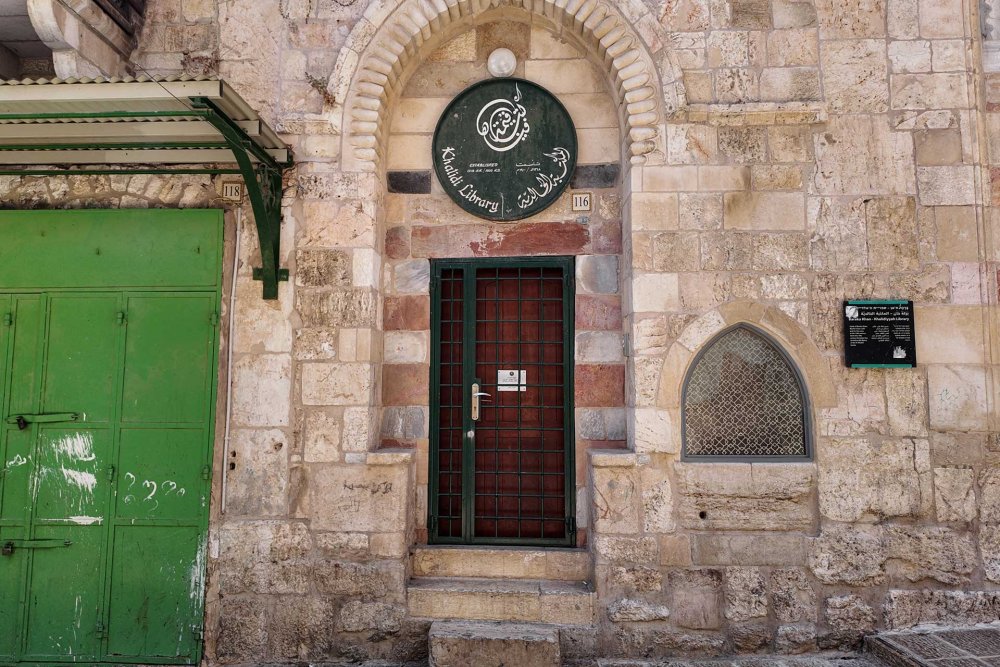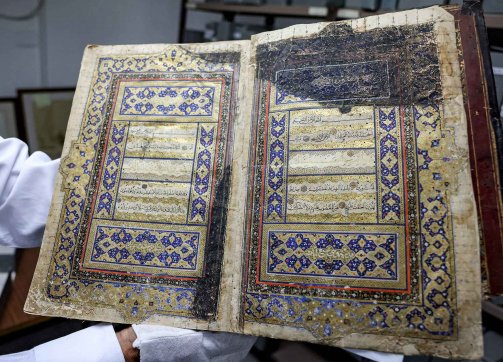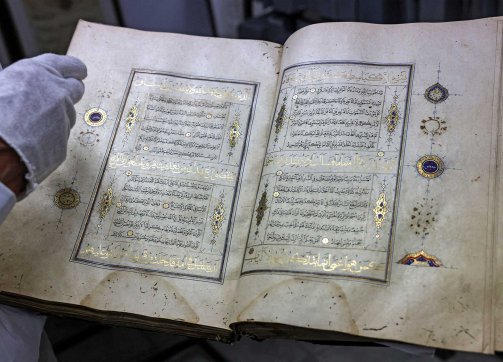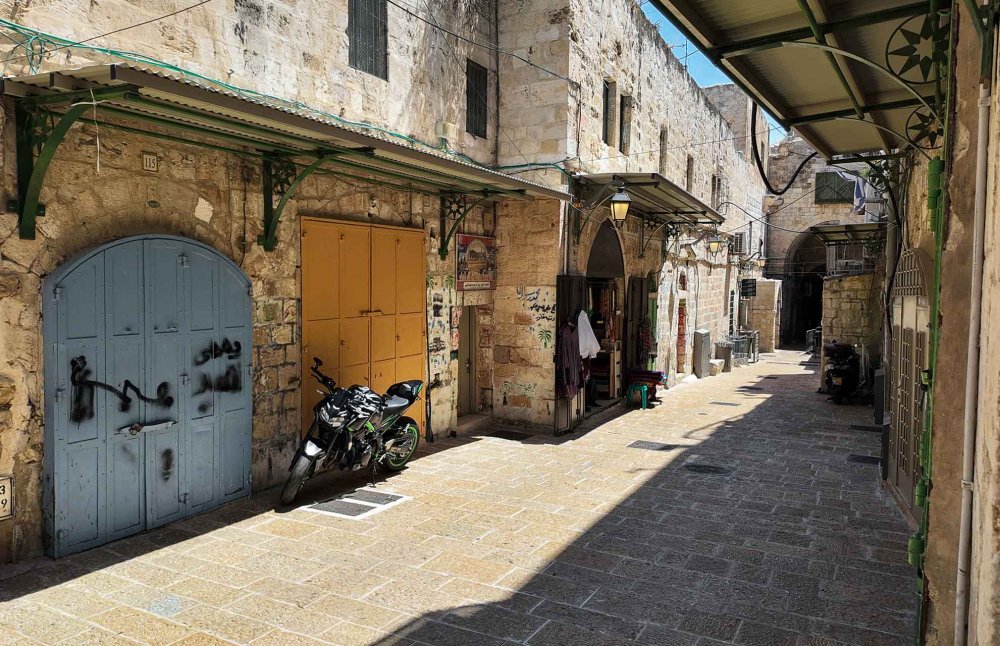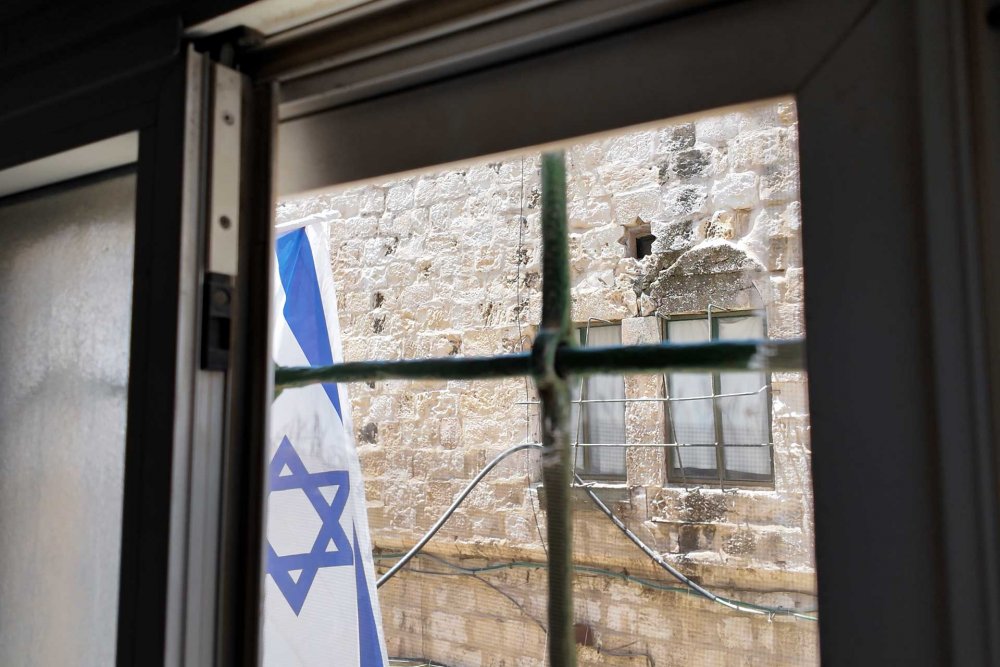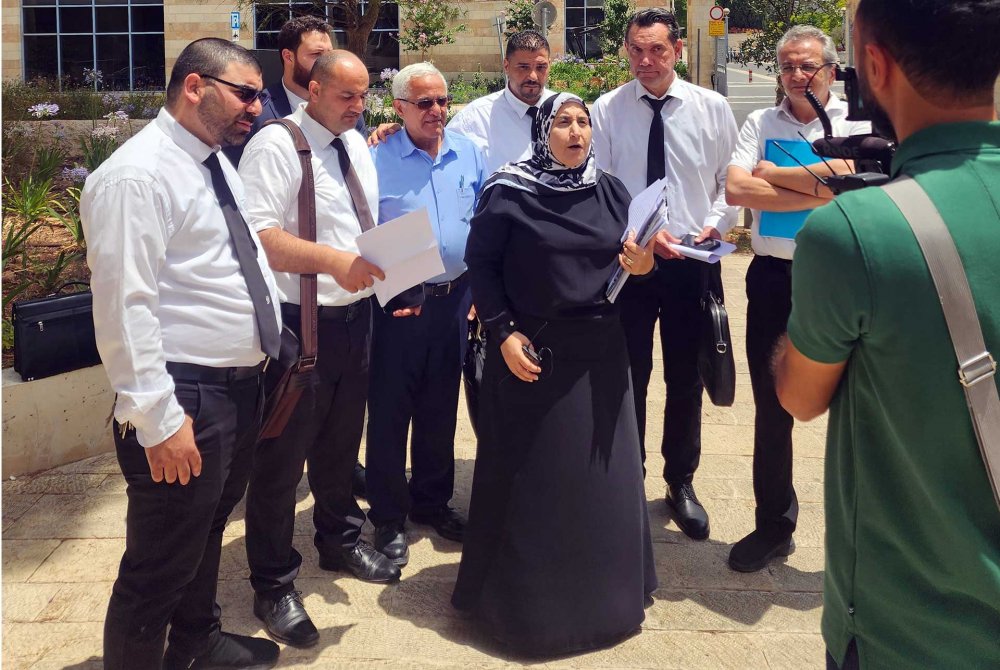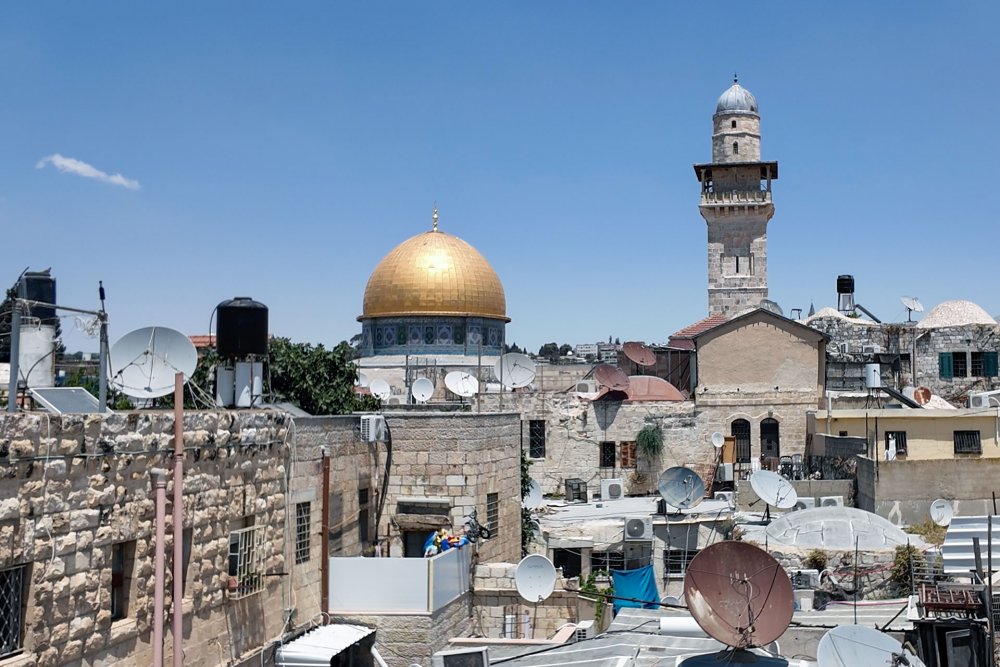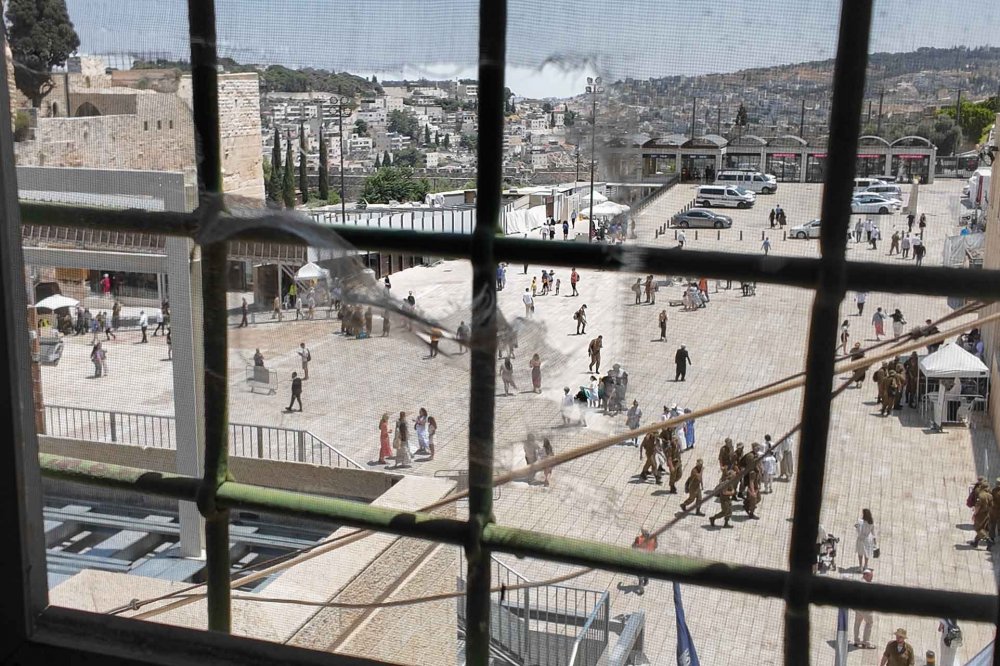The family is fortunate enough to have had its original ownership deeds recently ratified by the Israeli legal system. Many Palestinian property owners don’t possess such documents. Given Jerusalem has been occupied by different authorities throughout its history, deeds may be under Jordanian or Turkish domain. In other cases, property was inherited without any formal documentation. Without official paperwork, Israeli settlers are in a better position to steal property from Palestinians.
Fawaz told Jerusalem Story, “Jerusalem as a whole is an endowment, whether charitable, Islamic, or Christian, and this was an impenetrable bulwark against the flood of loss, seizure, and Judaization. Every Jerusalemite considers this heritage a pride and history that must be preserved and passed on to future generations. This is why I expect these attempts to increase in the future, despite the miserable failure that the settlers suffered in trying to seize the Khalidi property in Bab al-Silsila.”
“They’re changing reality on the ground,” Raja said.
As settlers move in, they bring with them more and more police and private security guards, gradually turning the Old City from a sacred space to a zone resembling a security prison.
Yet, amid the looming threat of theft, the family remains resilient and buoyed by the community’s support.
“The family was mobilized, the Old City was up in arms, and videos were going viral . . . Jerusalem could have exploded,” Raja said of the day the settlers occupied the home, but ultimately, “Jerusalem defended itself.”
For its part, the family plans to continue investigating which settler groups were behind the attempted takeover, how they are funded, and how the family can sue for damages.

